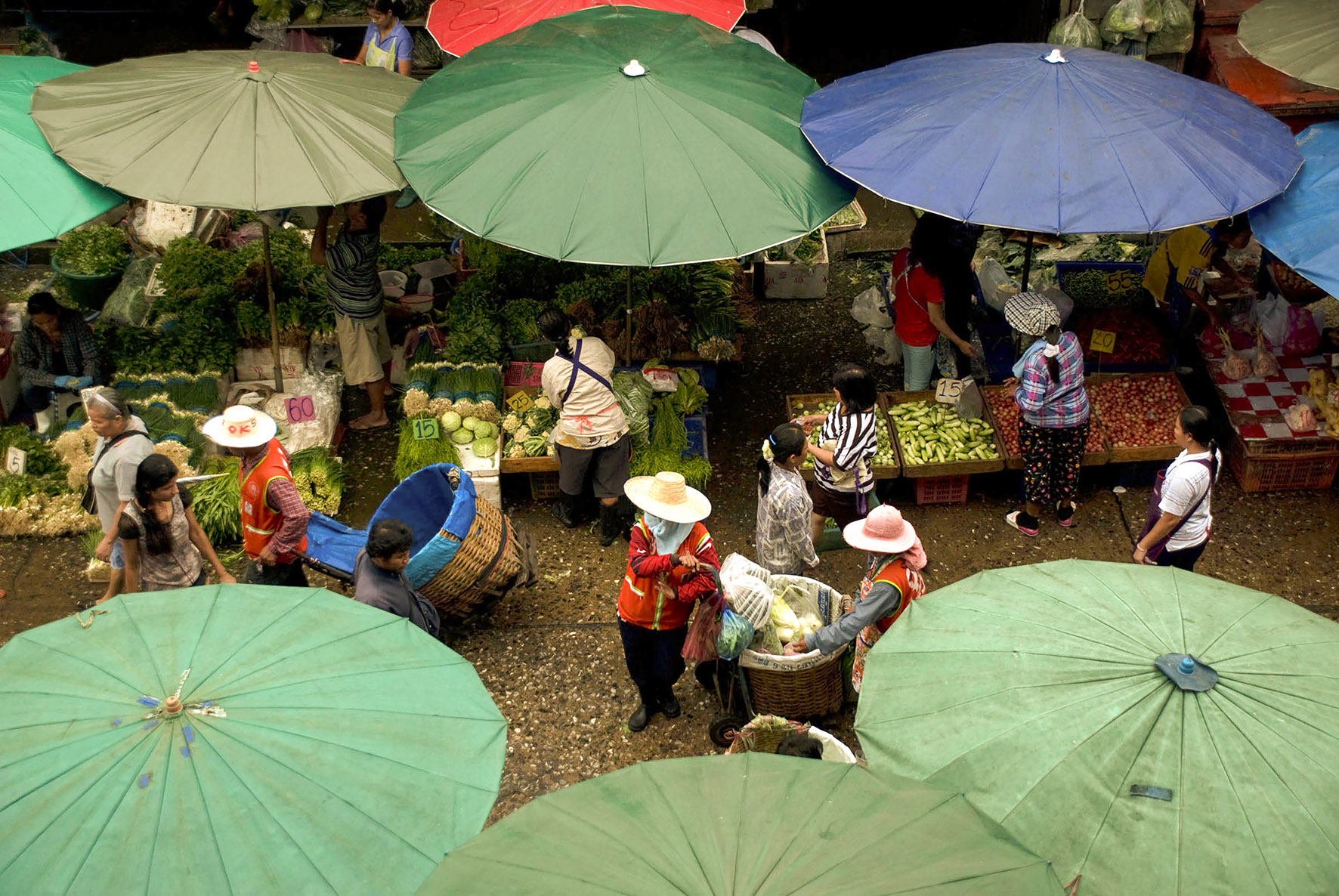- Airbnb activity contributed approximately 3 percent to Thailand’s tourism GDP.
- This activity supported around 109,900 jobs while contributing THB 16 billion in wage income.
- The report highlights a shift toward more diverse inbound travellers, and spread of travel beyond urban centres, with more than 50% of accommodation spending by Airbnb guests occurring outside of major cities.
Bangkok, Thailand – New research by Oxford Economics and commissioned by Airbnb shows that Airbnb activity contributed THB 72 billion to Thailand’s economy in 2024, approximately 3 percent of the country’s tourism GDP. Economic activity from Airbnb’s presence also helped support around 109,900 jobs while contributing THB 16 billion in wage income.

The report shows that in 2024, international travel remained strong on Airbnb, with just over 90 percent of Airbnb stays in 2024 booked by foreign guests—in line with 2019 pre-COVID levels—and a more balanced mix of source markets: Asia-Pacific travellers made up 46 percent, while travellers from Europe rose to 29 percent (from 17 percent in 2019).

In 2024, Airbnb guest spending in Thailand reached THB 73 billion, which included both accommodation and non‑accommodation expenses. Guests stayed an average of five nights in Thailand and spent an average of THB 4,400 daily on non‑accommodation essentials — like dining, shopping, entertainment, groceries, and transport. Of every THB 10,000 spent in-destination, THB 2,800 went to restaurants; THB 2,400 to shopping; THB 2,200 to arts and entertainment; and THB 1,300 each to groceries and transport.Host earnings can also fuel local economies: income from hosting supports property upkeep, domestic services, and personal consumption—all helping to sustain local businesses and trades.

Airbnb’s footprint accounted for 3 percent of Thailand’s travel and tourism GDP in 2024, and supported 1.4 percent of tourism-related employment—equivalent to one in every 73 tourism-related jobs. Beyond front-line tourism sectors, Airbnb-generated activity injected significant value into the wider economy: contributing THB 13 billion in manufacturing, THB 11 billion in wholesale and retail, THB 10 billion in real estate, and THB 8 billion in transport and storage.
Airbnb-supported tourism helped support approximately 30,600 jobs in food & beverage, 17,700 in arts & entertainment, 15,700 in wholesale & retail, and 14,100 in manufacturing. These roles translated into tangible wage benefits, with Airbnb activity contributing around THB 2.7 billion in manufacturing wages, THB 2.3 billion in transport and storage sector wages, and THB 2.2 billion for arts and entertainment workers, highlighting a broad and meaningful economic uplift across communities.
Tourism in Thailand is increasingly spreading beyond Bangkok – approximately 50% of accommodation spending by Airbnb guests occurred outside of major cities, up from around 46% in 2019, demonstrating an increase in demand for non-urban travel in 2024.
In 2024, Airbnb significantly boosted local economies across Thailand’s provinces by contributing to GDP, supporting jobs, and driving wage growth:
- Bangkok: THB 24.3 billion GDP, 19,300 jobs, THB 5.5 billion wages
- Phuket: THB 10.2 billion GDP, 18,400 jobs, THB 2.2 billion wages
- Chiang Mai: THB 5.6 billion GDP, 13,400 jobs, THB 1.2 billion wages
- Other provinces: THB 32.3 billion GDP, 58,800 jobs, THB 6.9 billion wages
“Thailand’s tourism recovery in recent years showcases its remarkable adaptability. While visitor numbers from China, its leading pre-pandemic source market, rebuilt slowly, the sector has successfully diversified its tourism base. Travellers from Europe, for example, have risen to 29 percent of Airbnb stays in 2024, up from just 17 percent in 2019, reflecting significantly increased arrivals from European markets. This greater balance of source markets has placed Thailand’s tourism economy on a more resilient footing for the future.”
“Airbnb has been at the heart of Thailand’s travel transformation, and is helping extend the benefits of tourism beyond the most popular hot-spots, into less-travelled rural areas. As a result, we see Airbnb’s economic footprint spread widely across the economy, supporting jobs and livelihoods in a range of sectors, and across the country,” said James Lambert, Director of Economic Consulting Asia for Oxford Economics.
“It’s heartening to see that Thailand’s tourism recovery gained momentum in 2024, with Airbnb bringing in guests from a broader mix of countries around the world. With more guests traveling to and spending outside major cities, Airbnb is helping spread the economic benefits to smaller communities across the country. It’s incredibly rewarding to know that our presence is helping local businesses thrive, creating jobs, and spreading economic benefits across every corner of Thailand,” said Amanpreet Bajaj, Airbnb’s Country Head, Southeast Asia and India.



